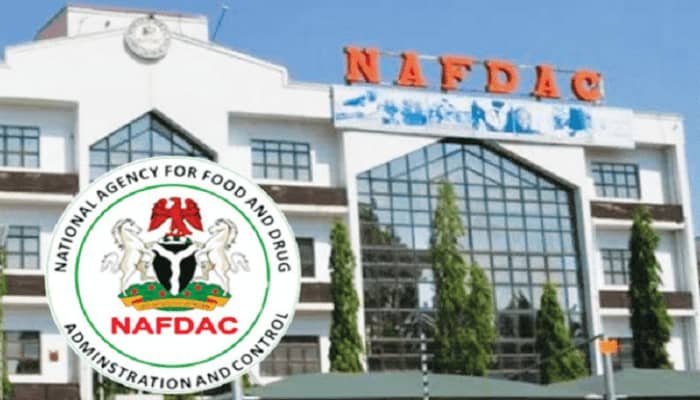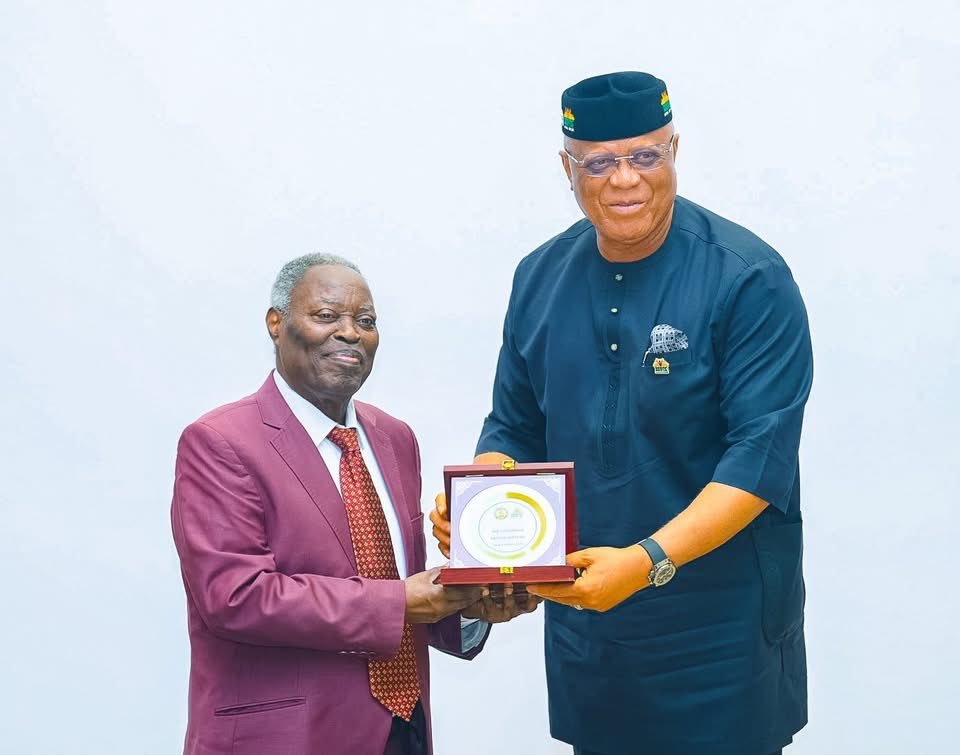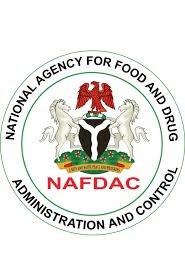NAFDAC REITERATES NEED FOR CLINICAL TRIALS BEFORE FULL APPROVAL OF HERBAL MEDICINES

The National Agency for Food and Drug Administration and Control, NAFDAC, says no herbal medicine in Nigeria will receive full approval unless it undergoes proper clinical trials to scientifically prove its safety and effectiveness.
This was reiterated by the Director-General of NAFDAC, Professor Mojisola Adeyeye, in a statement released on Sunday. She emphasized that while Nigerian herbal medicine practitioners have the knowledge to produce high-quality natural remedies, only science-backed validation will lead to full registration.
NAFDAC is currently partnering with the Nigeria Natural Medicine Development Agency to advance herbal product research and ensure they meet international standards through evidence-based trials.
Professor Adeyeye explained that the agency operates a two-tier approval system:
A listing approval—granted after a product passes toxicology safety tests, identified by an “L” at the end of its NAFDAC number, valid for two years.
And full registration, which requires clinical trials proving efficacy, valid for five years.
She stressed that many herbal products on the market, although safe, have not been proven to cure or treat specific diseases. Cost remains a major hurdle, as clinical trials are capital-intensive.
According to the World Health Organization, up to 80% of Africans rely on herbal medicine as a primary healthcare solution. NAFDAC’s current efforts aim to ensure that local remedies are not only safe but also effective and globally acceptable.
Meanwhile, a six-year study by researchers at the Nigerian Institute of Medical Research has found that while most herbal products in Nigeria are safe, their effectiveness remains largely unproven.
Speaking at a forum hosted by the Centre for Research in Traditional, Complementary and Alternative Medicine, Dr. Oluwagbemiga Aina from NIMR urged manufacturers to move beyond anecdotal evidence.
Both NAFDAC and research institutions are calling for stronger collaboration among practitioners, scientists, and regulators to improve standards. NAFDAC also says it will continue to engage stakeholders and seek funding support to assist local producers in meeting the clinical trial requirements.









